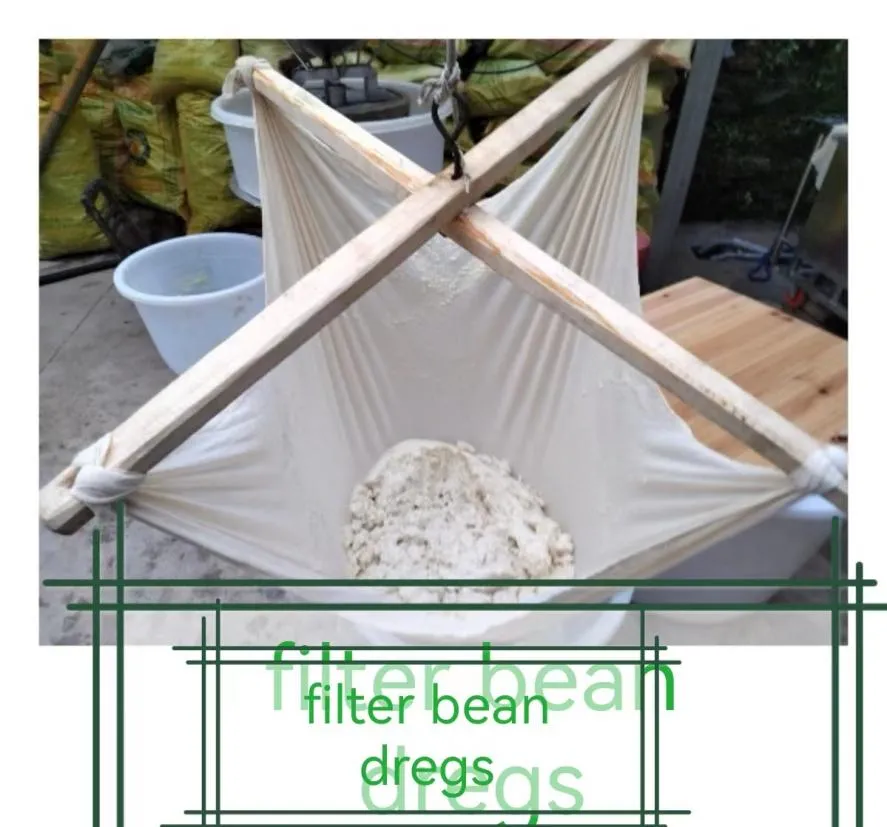-
 Afrikaans
Afrikaans -
 Albanian
Albanian -
 Amharic
Amharic -
 Arabic
Arabic -
 Armenian
Armenian -
 Azerbaijani
Azerbaijani -
 Basque
Basque -
 Belarusian
Belarusian -
 Bengali
Bengali -
 Bosnian
Bosnian -
 Bulgarian
Bulgarian -
 Catalan
Catalan -
 Cebuano
Cebuano -
 China
China -
 Corsican
Corsican -
 Croatian
Croatian -
 Czech
Czech -
 Danish
Danish -
 Dutch
Dutch -
 English
English -
 Esperanto
Esperanto -
 Estonian
Estonian -
 Finnish
Finnish -
 French
French -
 Frisian
Frisian -
 Galician
Galician -
 Georgian
Georgian -
 German
German -
 Greek
Greek -
 Gujarati
Gujarati -
 Haitian Creole
Haitian Creole -
 hausa
hausa -
 hawaiian
hawaiian -
 Hebrew
Hebrew -
 Hindi
Hindi -
 Miao
Miao -
 Hungarian
Hungarian -
 Icelandic
Icelandic -
 igbo
igbo -
 Indonesian
Indonesian -
 irish
irish -
 Italian
Italian -
 Japanese
Japanese -
 Javanese
Javanese -
 Kannada
Kannada -
 kazakh
kazakh -
 Khmer
Khmer -
 Rwandese
Rwandese -
 Korean
Korean -
 Kurdish
Kurdish -
 Kyrgyz
Kyrgyz -
 Lao
Lao -
 Latin
Latin -
 Latvian
Latvian -
 Lithuanian
Lithuanian -
 Luxembourgish
Luxembourgish -
 Macedonian
Macedonian -
 Malgashi
Malgashi -
 Malay
Malay -
 Malayalam
Malayalam -
 Maltese
Maltese -
 Maori
Maori -
 Marathi
Marathi -
 Mongolian
Mongolian -
 Myanmar
Myanmar -
 Nepali
Nepali -
 Norwegian
Norwegian -
 Norwegian
Norwegian -
 Occitan
Occitan -
 Pashto
Pashto -
 Persian
Persian -
 Polish
Polish -
 Portuguese
Portuguese -
 Punjabi
Punjabi -
 Romanian
Romanian -
 Russian
Russian -
 Samoan
Samoan -
 Scottish Gaelic
Scottish Gaelic -
 Serbian
Serbian -
 Sesotho
Sesotho -
 Shona
Shona -
 Sindhi
Sindhi -
 Sinhala
Sinhala -
 Slovak
Slovak -
 Slovenian
Slovenian -
 Somali
Somali -
 Spanish
Spanish -
 Sundanese
Sundanese -
 Swahili
Swahili -
 Swedish
Swedish -
 Tagalog
Tagalog -
 Tajik
Tajik -
 Tamil
Tamil -
 Tatar
Tatar -
 Telugu
Telugu -
 Thai
Thai -
 Turkish
Turkish -
 Turkmen
Turkmen -
 Ukrainian
Ukrainian -
 Urdu
Urdu -
 Uighur
Uighur -
 Uzbek
Uzbek -
 Vietnamese
Vietnamese -
 Welsh
Welsh -
 Bantu
Bantu -
 Yiddish
Yiddish -
 Yoruba
Yoruba -
 Zulu
Zulu
Durable nylon mesh netting solutions for a variety of applications and outdoor needs.
The Versatile Applications of Nylon Mesh Netting
Nylon mesh netting has become an invaluable material across various industries due to its strength, flexibility, and resistance to environmental factors. This innovative product, made from synthetic nylon fibers, is praised for its durability and versatility, making it suitable for a wide range of applications. In this article, we will explore the characteristics of nylon mesh netting, its common uses, and the benefits it offers.
Characteristics of Nylon Mesh Netting
Nylon mesh netting is renowned for its high tensile strength and elasticity, which allows it to withstand considerable force without tearing or breaking. This robust nature is a result of the nylon material, which is not only strong but also lightweight. The mesh design features multiple openings, allowing for air permeability and drainage while providing a solid barrier against larger particles. The material is resistant to rot, mildew, and UV exposure, which makes it suitable for outdoor applications. Moreover, nylon mesh netting can be easily dyed, offering aesthetic options for various projects.
Applications in Various Industries
The versatility of nylon mesh netting enables its use in several industries
1. Agriculture In agricultural settings, nylon mesh netting is commonly used for crop protection. It can serve as a barrier against pests and birds, helping to safeguard plants without causing harm to the environment. Additionally, it can be used for the shading of greenhouses or the protection of delicate seedlings from excessive sunlight.
2. Construction In the construction sector, nylon mesh netting plays a crucial role in scaffolding and safety. It is often used to create safety barriers around buildings under construction to prevent debris from falling and to enhance worker safety. The netting is also utilized in the reinforcement of concrete structures and as a protective layer during the painting or finishing processes.
nylon mesh netting

3. Sporting and Recreational Activities Nylon mesh netting is popular in recreational applications, such as in the construction of sports nets for volleyball, tennis, and soccer. It provides a durable barrier that can withstand frequent use, while its lightweight nature makes it easy to install and maintain.
4. Marine Use In marine environments, nylon mesh netting is utilized for fishing nets and traps. Its resistance to saltwater and UV degradation makes it an ideal choice for fishing gear. Furthermore, it is used in aquaculture to create enclosures for fish farming, allowing water to circulate while preventing escape.
5. Safety and Security Nylon mesh netting is increasingly used for safety and security applications, including animal enclosures and fencing. Its strength and durability make it a reliable choice for keeping animals contained, while the visibility of the mesh allows for observation without compromising security.
Benefits of Using Nylon Mesh Netting
The benefits of nylon mesh netting extend beyond its physical properties. One of the primary advantages is its cost-effectiveness. Compared to other materials, nylon netting offers a lower cost while providing superior strength and durability. Additionally, its lightweight nature reduces transportation costs and makes installation easier.
Furthermore, nylon mesh netting is relatively low maintenance. It can be easily cleaned with soap and water, and its resistance to mildew and rot means it does not require frequent replacement. This durability translates into cost savings over the long term, making it an economical choice for various applications.
In conclusion, nylon mesh netting is a remarkably versatile and durable material that caters to a diverse range of applications. Its strength, flexibility, and resistance to the elements make it a preferred choice in agriculture, construction, recreational activities, marine environments, and security measures. As industries continue to evolve, the demand for nylon mesh netting is likely to grow, highlighting its importance as a staple material in modern applications.
-
Shipping Plastic Bags for Every NeedNewsJul.24,2025
-
Safety Netting: Your Shield in ConstructionNewsJul.24,2025
-
Plastic Mesh Netting for Everyday UseNewsJul.24,2025
-
Nylon Netting for Every UseNewsJul.24,2025
-
Mesh Breeder Box for Fish TanksNewsJul.24,2025
-
Expanded Steel Mesh Offers Durable VersatilityNewsJul.24,2025











